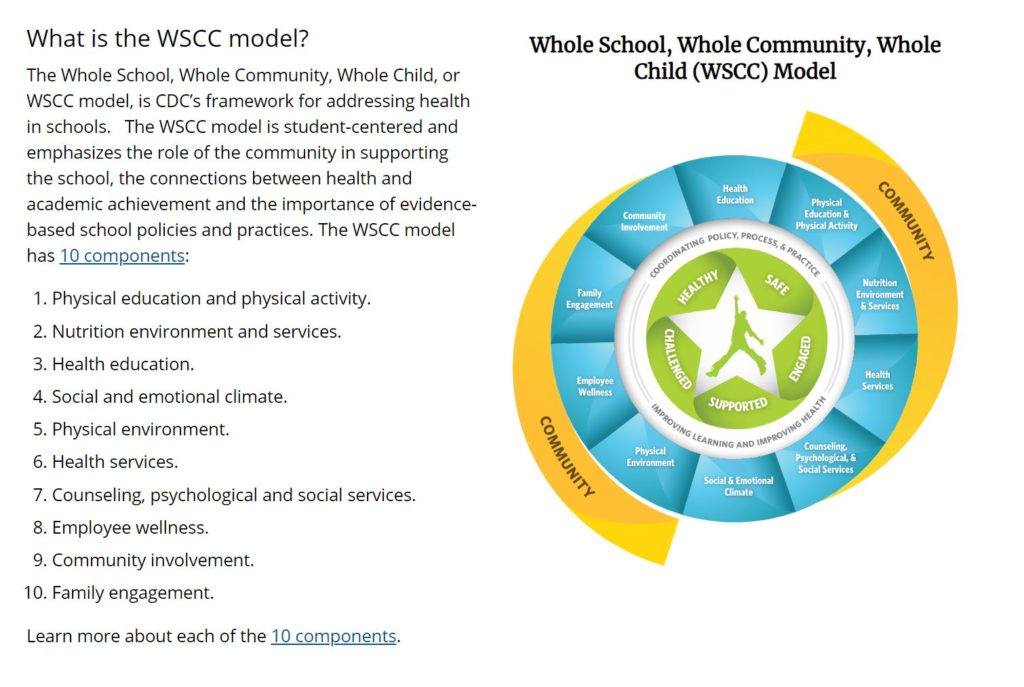
Veterinary Health Guidelines: Best Practices for Pet Well-being

Veterinary Health Guidelines: Best Practices for Pet Well-being
Maintaining the well-being of our beloved pets is a top priority for conscientious pet owners. By adhering to veterinary health guidelines, you can ensure that your furry companions lead happy and healthy lives. Let’s explore some key practices that contribute to the overall well-being of your pets.
Regular Veterinary Check-ups
One fundamental aspect of responsible pet ownership is scheduling regular check-ups with your veterinarian. These appointments are crucial for detecting any potential health issues early on and addressing them promptly. Routine vaccinations, dental care, and overall health assessments are integral components of these check-ups.
Balanced Nutrition for Optimal Health
Proper nutrition is paramount to your pet’s well-being. Consult with your veterinarian to determine the best diet for your pet’s age, size, and specific health needs. A balanced and nutritious diet supports their overall health, strengthens their immune system, and contributes to a shiny coat and healthy weight.
Exercise and Mental Stimulation
Pets, like humans, need regular exercise to maintain a healthy weight and promote overall well-being. Create a daily routine that includes physical activities such as walks, playtime, or interactive toys. Mental stimulation is equally important, so engage in activities that challenge your pet’s mind, preventing boredom and promoting a positive mental state.
Hygiene and Grooming Practices
Maintaining proper hygiene is essential for your pet’s health. Regular grooming, including brushing, nail trimming, and bathing when necessary, helps prevent skin issues and keeps your pet comfortable. Additionally, cleaning their living environment—such as their bedding and litter box—contributes to a healthier living space.
Preventive Measures Against Parasites
Protect your pet from common parasites such as fleas, ticks, and worms by following your veterinarian’s recommendations for preventive medications. Regular treatments help safeguard your pet from potential infestations and related health issues.
Recognizing Behavioral Changes
Pay close attention to your pet’s behavior, as it can be an indicator of their health. Any sudden changes in eating habits, energy levels, or behavior should prompt a visit to the veterinarian. Early detection of health issues can lead to more effective and less invasive treatments.
Emergency Preparedness
Be prepared for unexpected situations by having an emergency plan in place. Know the location of the nearest veterinary emergency clinic, and have essential contact information readily available. Familiarize yourself with common pet first aid practices to provide immediate care if needed.
Promoting Dental Health
Dental health is often overlooked but is crucial for your pet’s overall well-being. Establish a dental care routine, including regular teeth brushing and providing dental treats or toys. Good oral hygiene can prevent dental issues that may lead to more severe health problems.
Educating Yourself as a Pet Owner
Stay informed about the specific needs of your pet’s breed or species. Educate yourself on common health issues, preventive care, and any breed-specific considerations. Being an informed pet owner allows you to make better decisions for your pet’s health and well-being.
In conclusion, following veterinary health guidelines is an essential aspect of responsible pet ownership. By prioritizing regular veterinary check-ups, balanced nutrition, exercise, hygiene, and preventive measures, you can ensure that your pet enjoys a long and healthy life. Stay informed, be proactive, and cherish the companionship of your furry friends.
For more detailed guidelines on veterinary care and pet well-being, visit Veterinary Health Guidelines.












